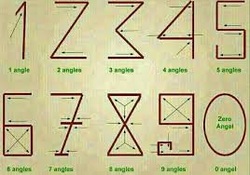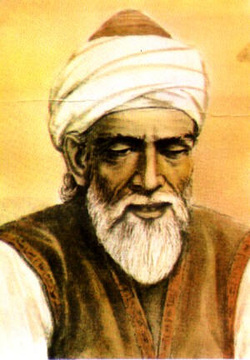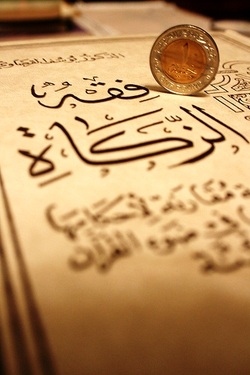
Have you ever wondered, why is 1 called one? Why is 2 called two? The secret to it is because of angles....check and see! In the number 1, there is only one angle. In the number 2, there are two angles. This is true when the numbers are made up of straight lines, as that is how they were written in the Islamic Golden Age. The Arabs created these numbers to differentiate themselves from the Roman System of counting, which consisted of symbols such as I, II, III, IV, V, etc. The Islamic system of counting soon became the most widely used system of counting in the whole world. This system is said to originate from Phoenician merchants, where it was used to do their accounting.

Although trigonometry originated in India, the Muslims in Baghdad expanded on the ground rules that the Indians had set, resulting in more enhanced theories. Abul Wafa was a key figure in creating these theories, as he founded multiple trigonometric identities. He lived from 940 CE till 997 CE, and left his stamp on the empire. It is unsure whether he discovered the tangent function, despite some sources claim this to be true. The trigonometrical work that had been done in Islam was vital, as it did not just deepen the field of Mathematics, it was also useful for astronomy and architecture.

Zakat is one of the five pillars of Islam and it is mentioned in over 30 verses in the Qu’ran . Many think of it as as the most important pillar of Islam, since it helps others in many ways. Zakat is literally translated to purification. By giving away some of your external wealth, It is said to give internal wealth. Every muslim is annually obliged to give a prescribed amount of Zakat. Zakat can be anything you donate, regardless of those the born less wealthy or those who require urgent financial support. It can be payed with a cheque, money, consumption items or just grocery vouchers. It is the obligatory giving of alms. Whatever you donate, the receiver should be able to use or to derive profit from it. If you do not give Zakat but you follow Islam, there are harsh consequences. These consequences are written in the Qur’an itself. Allah Ta'aala says in the Qur'an, "Allah destroys wealth obtained from interest and will give increase for deed of charity”. There are additional rules and benefits for giving Zakat. A couple of examples include that you must be an adult, and you must be sane to give Zakaat. If you give Zakat, you must possess a minimum amount of money and the wealth must be kept for an entire lunar year. This amount of money is called the Nisaab. People also give Zakaat in order to tell God to forgive their sins, and to let them lead a fulfilled life.
